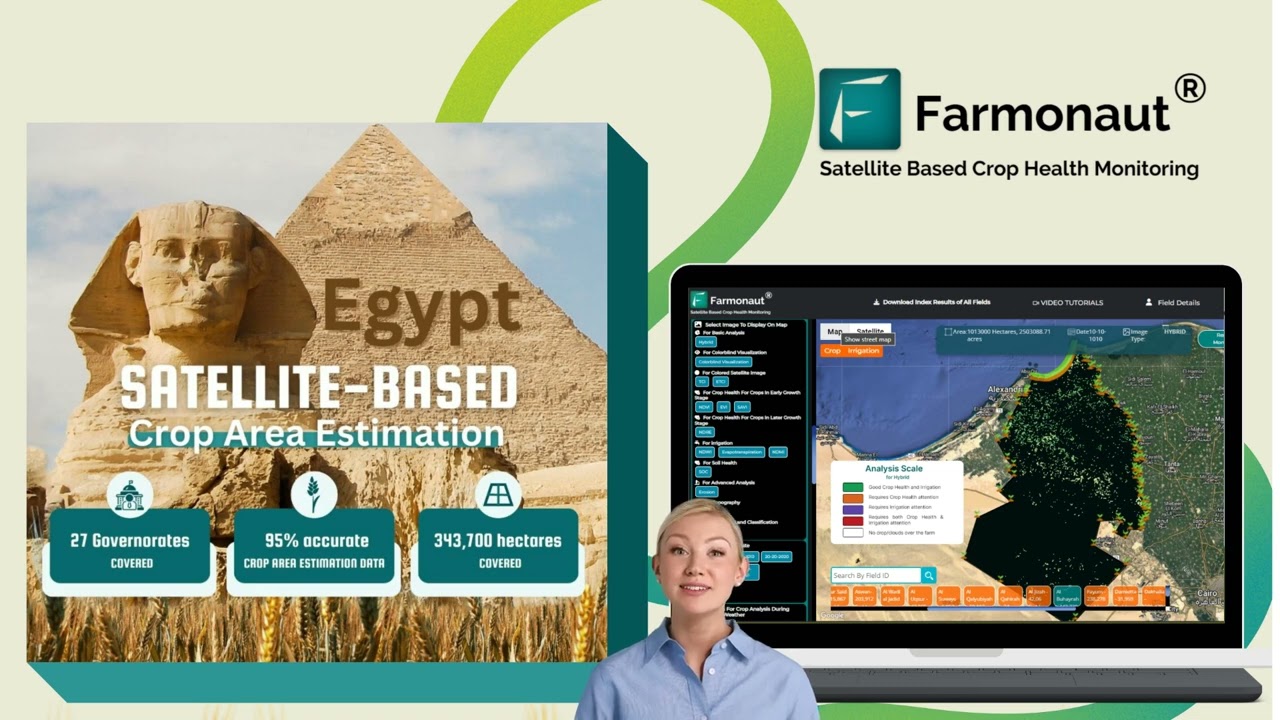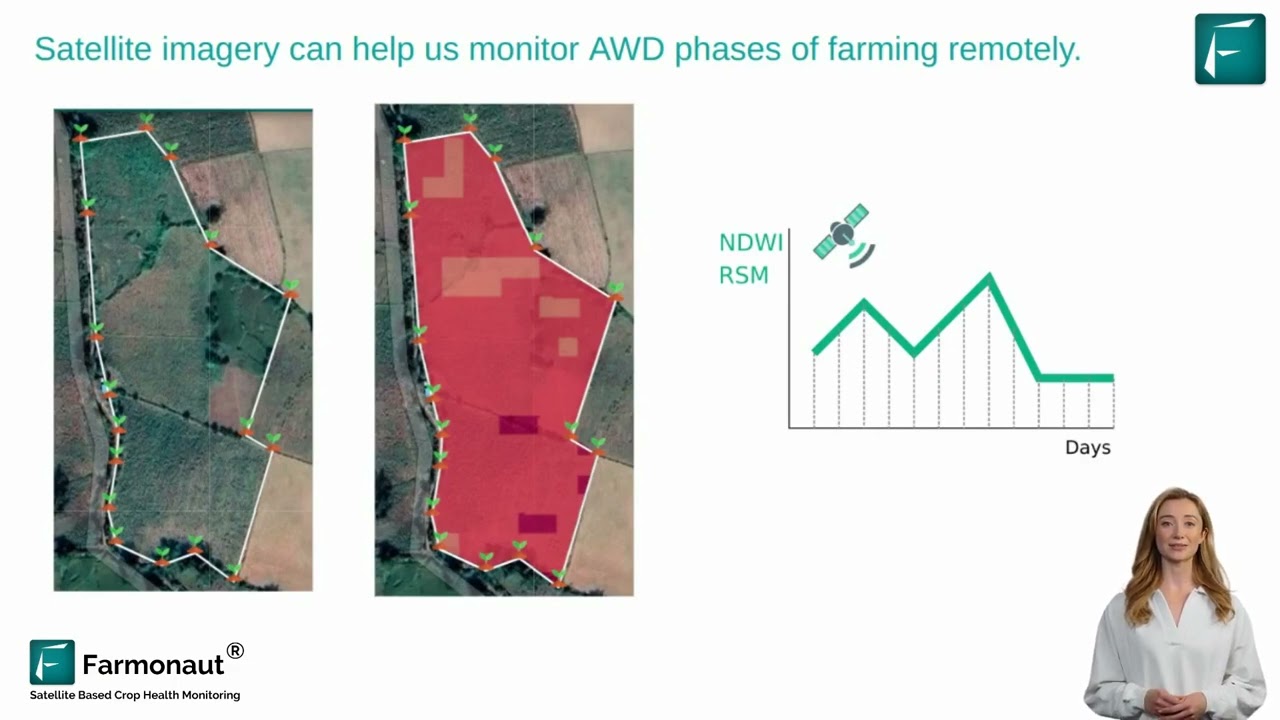Utah Economy: 7 Powerful Ways Immigrant Workers Drive Growth
Introduction: Blossoming Opportunity in the Utah Economy
Utah’s fertile valleys are stirring to life as peaches, apples, and cherries begin to blossom in orchards around Santaquin. For us living and working in the state, these blooms not only symbolize the start of harvest season, but they epitomize the broader promise of the Utah economy and immigration. The careful hands that prune the fruit trees, harvest the peaches, and maintain these family-run farms are, in large part, those of immigrant workers—individuals and families whose presence is woven deeply into the fabric of Utah’s industries, communities, and prosperity.
Amid ongoing national debates about immigration policies and labor, it’s essential for us as Utahns to examine the impact of immigrant workers in Utah with seriousness and clarity. In this comprehensive, advocacy-focused blog, we’ll reveal the seven powerful ways in which immigrant labor, from seasonal farmhands to Latino business owners and local taxpayers, drives economic growth, addresses labor shortages, and sustains the legacy of Utah’s industries. Along the way, Farmonaut’s data-driven solutions—offering advanced satellite farm management—stand ready to help Utah’s agricultural sector thrive.
Blossoming Utah: Farms, Orchards, and Immigration Realities
Our journey begins—like so many harvests—on the family farms nestled around Santaquin, where orchards briefly burst with color before the delicate work of fruit cultivation begins. Curtis Rowley, one such farmer and part owner of Cherry Hill Farms, describes the indispensable role immigrant workers play each season. “That’s the only way we can get the work done, is through that program,” he says, referencing the federal H-2A guest worker program—a lifeline for seasonal farm labor in Utah.
At this critical time of year, Rowley’s plan is to employ between 50 and 60 seasonal workers, the majority hailing from Mexico. Cherry Hill Farms exemplifies a statewide trend: without the seasonal farm labor in Utah provided through guest worker program agriculture systems, many family-run fruit and vegetable farms simply could not function. However, this federal program is only available in certain agricultural sectors—leaving key areas, such as dairy, without a reliable alternative.
The Economic Foundation: Utah Economy and Immigration Policy
Utah’s prosperity has always depended on a diverse workforce willing to fill essential jobs across industries. But as the Utah economy has expanded, so too has the labor shortage in Utah agriculture, construction, hospitality, and other growing sectors.
Recognizing this, state leaders and business owners signed the Utah Compact on immigration, an unprecedented document highlighting the economic role of immigrants as workers, taxpayers, and innovators. The Compact urges us all to reaffirm Utah’s reputation as a welcoming and business-friendly state—an ethos essential to continued growth and social stability. According to the Ken C. Gardner Policy Institute, foreign-born workers constitute 11.8 percent of the state’s workforce and 19.6 percent of the construction workforce. The presence and contributions of immigrants, both documented and undocumented, ripple across the Utah economy and immigration policy debates.
Comparative Impact Table: The Role of Immigrants Across Utah’s Key Sectors
| Economic Sector | Estimated Number of Immigrant Workers |
Estimated Contribution to State GDP ($ Millions) |
Notable Impact Areas |
|---|---|---|---|
| Agriculture (Farms & Orchards) | ~15,000 | $400+ | Seasonal harvest labor, productivity, fruit/food supply, stability for family farms |
| Construction | ~25,500 | $950+ | Labor shortage relief, infrastructure, housing development |
| Hospitality & Services | ~19,000 | $600+ | Business operation, job growth, economic resilience |
| Latino-owned Businesses | ~13,000 (owners/employees) | $275+ | Startup expansion, community job creation, local tax revenue |
| Overall State Total | ~92,000 (undocumented) ~200,000 (all immigrants) |
$2 Billion+ | Across-the-board impact: taxes, business growth, filling labor gaps, consumer demand |
7 Powerful Ways Immigrant Workers Drive Growth in Utah
Let us now examine, step by step, how immigrant workers fuel the dynamic growth of our state—across fields, offices, and communities.
1. Transforming Agriculture: The Bedrock of Utah’s Food and Fruit Economy
Few things represent Utah’s agricultural prowess better than the peaches, apples, and cherries blossoming in Santaquin’s orchards. Yet, those bountiful harvests depend on the skilled hands of immigrant workers. Our farms, especially fruit and Orchard operations like Cherry Hill Farms, are sustained by the federal guest worker program agriculture (H-2A visa system), without which production—and the cherished rural way of life—would collapse.
- The H-2A program allows us to keep family farms running, maintaining the productivity of fruit trees and supporting local food systems.
- Majority of laborers are from Mexico, with many returning year after year, ensuring valuable continuity and skills on the job.
- Crop and orchard management, pruning, harvesting, and packaging require both seasonal timing and labor intensity that local workers alone cannot fulfill.
Despite their vital contributions, the guest worker program agriculture solution doesn’t extend to all agricultural sectors. Dairy, for example, still lacks a current year-round guest worker program, leaving those farmers at risk. This reveals a serious gap in immigration policies in Utah.
That’s why Farmonaut helps local farmers use advanced large-scale farm management tools—providing real-time satellite crop health insights, thereby maximizing efficiency of labor and optimizing yields even during periods of staff uncertainty.
2. Addressing Labor Shortage in Utah Agriculture and Beyond
The state of Utah is in the midst of a labor shortage, especially pronounced in sectors like agriculture and construction. According to economist Natalie Gochnour, this shortage “makes immigrant labor even more important.” Guest worker program agriculture bridges seasonal requirements, but other industries do not have such alternatives.
- In construction, nearly 1 in 5 workers in Utah are foreign-born, reflecting the impact of immigrant workers in Utah on new housing, highways, and urban development.
- Hospitality and food service industries also rely on immigrant labor to maintain Utah’s global reputation as a welcoming, vibrant state.
- Farmers dealing with fruit, orchards, or large-scale field crops in Santaquin and across the state report unfilled vacancies without H-2A or similar visa holders.
Farmonaut supports this mission by helping farm operators achieve more with less, through AI-based advisory and satellite monitoring—minimizing uncertainty over variable labor supply. For details about integrating real-time weather and crop data into your own farm business, see our API integration and our comprehensive API developer documentation.
3. Economic Contributions: State and Local Taxes from Immigrants
While often overlooked, immigrants—both documented and undocumented—have a substantial economic impact through the taxes they pay. According to data from the Institute on Taxation and Economic Policy and the American Immigrant Council:
- Utah’s undocumented immigrant population (~92,000 people) paid over $235 million in state and local revenues!
- Nationally, undocumented workers paid $96.7 billion in taxes in 2022—$59 billion federal, $37 billion state/local.
These funds support schools, roads, public safety, and community health, directly benefiting every Utahn. Even as undocumented individuals experience uncertainty and the threat of being deported, their contributions to the Utah economy and immigration dialogue are both substantial and indispensable.
Farmonaut’s carbon footprinting technology allows agribusinesses and farm managers to not only improve production and reduce losses, but also to monitor and minimize their environmental impact, thus aligning business practice with growing regulatory and tax requirements.
4. Catalyzing Growth in Latino-Owned Businesses in Utah
Latino-owned businesses are a vital, growing force within the Utah economy. Restaurants like South Salt Lake’s Sabor Latino power both our local food scene and our state’s business expansion.
- According to recent studies, Latino-owned businesses in Utah grew by over 30% during the last decade.
- These enterprises, from food to construction, retail, and beyond, provide thousands of jobs and help stabilize neighborhood economies.
- However, these businesses face acute uncertainty and anxiety tied to national immigration policies.
Ingrid Santaella and her daughter—like many in the Latino community—speak of pride, optimism, and resolve amidst fears of business disruption, deportation, or shifts in policy. “Utah is my home,” Daniela Acuna explains, underlining the dual identity and commitment so many immigrant families share.
For business owners and food entrepreneurs looking to guarantee origin and product integrity, Farmonaut’s blockchain-based product traceability tools ensure that supply chains are transparent, secure, and fraud-resistant.
5. Expanding Construction and Infrastructure in the State
From Salt Lake City to St. George, cranes and construction crews are a visible sign of Utah’s economic boom. According to policy studies, 19.6 percent of the state construction workforce is foreign-born. Immigrant labor is foundational in road building, housing, and commercial projects that keep our communities competitive and livable.
- Business leaders agree: without immigrant workers, Utah’s soaring construction growth would grind to a halt.
- Latino and other immigrant-run construction firms are pivotal in workforce training and business innovation.
Uncertainty about federal and state policies can have chilling effects on both crew availability and project timelines. For larger operations, Farmonaut provides fleet and resource management solutions—streamlining equipment use and boosting project efficiency even in labor-constrained environments.
6. Filling Critical Gaps Where No Alternatives Exist
Utah’s unique labor landscape means some economic sectors have access to federal guest worker programs, while others—such as dairy—do not. As Valjay Rigby of the Utah Farm Bureau notes, “If you have a dairy, there is not a current year-round guest worker program. It doesn’t exist.”
- This lack of alternative increases the risk for both farmers and consumers, impacting food supply and price stability.
- Guest worker program agriculture solves part of this puzzle for fruit and vegetable growers, but more innovation is essential.
State policy leaders must respond to these challenges by crafting immigration policies in Utah that align with real-world economic needs—not ideological divides or shifting national narratives.
When traditional labor sources fall short, Farmonaut’s digital tools enable farmers to do more with less: Satellite imagery, AI advisories, and automation help keep Utah farms productive through all seasons. For additional resilience, Farmonaut’s crop loan and insurance support solutions help validate farm operations for insurance and lender access.
7. Innovation, Policy, and Institutional Impact
Effective immigration policy in Utah is more than rhetoric; it’s a necessity for continued economic success. The Utah Compact stands as a model for other states, reminding us that:
- Foreign-born workers are vital participants—not competitors—in the economic life and social structure of Utah.
- Every analysis of immigration’s impact must account for the contributions of non-U.S.-born workers.
- Undocumented immigrants, whether business owners or seasonal laborers, deserve dignity, due process, and truth in policy arguments.
Policy innovation, educational outreach, and advocacy all play a role in ensuring a sustainable future for Utah. Appreciating and leveraging the immigrants’ economic impact—through taxes paid, jobs filled, and businesses built—should remain central to our approach as neighbors, industry leaders, and citizens.
For farm managers, corporate clients, and policymakers seeking transparent, scalable farm management in an evolving policy landscape, Farmonaut offers next-generation large-scale management and advisory tools.
Farmonaut: Empowering Utah and the Wider World through Agricultural Technology
Beyond labor and policy, advanced agricultural technology offers a solution to many persistent challenges facing Utah’s economy.
- Satellite-based crop health monitoring gives farm businesses and institutions real-time, actionable data for better resource allocation and productivity.
- AI-driven personalized farm advisory (Jeevn AI) tailors expert crop strategies, weather forecasts, and management tips to each farm—supporting both owner-operators and guest laborers on the ground.
- Blockchain-based transparency boosts consumer confidence for Latino-owned businesses, retail food providers, and supply chains—vital in an era of globalized food systems.
- Fleet/resource management and carbon footprinting help operations run more efficiently and sustainably, supporting growth even with labor market uncertainty or policy flux.
- With web, Android, and iOS app availability, Farmonaut’s solutions are accessible to individual Utah farmers, co-ops, agribusinesses, and institutional leaders.
If you operate in agriculture, supply chain management, urban greening, or business consultancy, Farmonaut can help optimize productivity, ensure compliance, and strengthen Utah’s role as a tech-forward, business-friendly state.
Farmonaut Subscription Options
Whether you are an individual farmer monitoring a Santaquin orchard or a corporate manager tracking statewide crop cycles, Farmonaut offers customizable solutions through web, app, and API. Our tiered subscription plans empower everyone in the Utah agricultural ecosystem to benefit from affordable, scalable, data-driven technology.
FAQ: Utah Economy and Immigrant Workers
What percentage of Utah’s workforce is made up of immigrant workers?
According to the American Immigrant Council, immigrant workers make up 11.8 percent of Utah’s total workforce and nearly 20 percent of the construction workforce, with higher concentrations during harvest seasons in agriculture.
How do immigrant workers impact local state and tax revenues?
Even undocumented immigrants significantly contribute to state and local tax revenues. In Utah, they paid over $235 million in 2022—helping fund schools, infrastructure, and public safety statewide.
Why do family farms and orchards around Santaquin rely on guest worker program agriculture?
Utah’s fruit and orchard sectors are highly labor-intensive but seasonal. The federal H-2A guest worker program fills temporary peaks when local labor cannot meet demand, thus sustaining family farms and ensuring high-quality produce supply.
What challenges exist for other sectors, such as dairy farms?
Currently, there are no year-round guest worker options for dairy. This lack of an alternative puts specific agricultural sectors at risk and highlights the need for more comprehensive state and federal immigration policy reform.
How does Farmonaut’s technology benefit Utah’s agricultural businesses?
Farmonaut provides advanced satellite crop health monitoring, AI-based advisory, blockchain traceability, carbon footprinting, and fleet management tools, allowing businesses of all sizes to optimize yields, manage labor, guarantee product origins, and meet sustainability targets easily and affordably.
Conclusion: Shaping a Welcoming, Productive, and Sustainable Utah
As peaches, apples, and cherries blossom in Santaquin’s orchards, they remind us of the promise and complexity of the Utah economy and immigration story. Immigrants—skilled, dedicated, and essential—are our neighbors, coworkers, business partners, and friends. Their labor keeps our farms productive; their taxes fund our schools and roads; their businesses add vibrancy to Utah’s cities and towns.
Rather than viewing immigration as an abstract policy debate, we must recognize its local, human face. The facts are clear: Utah’s economic growth is fundamentally tied to the work, resilience, and determination of immigrant workers. As we shape future state policies, support innovation, and invest in advanced technology, let’s reaffirm Utah’s commitment to being a welcoming, business-friendly state where every hard-working individual can build a brighter future.
For those of us in agriculture and related fields—whether farming fruit in Santaquin, running a Latino restaurant, or constructing new homes—Farmonaut stands ready to support your efforts with leading agricultural technology. Let’s continue to drive growth, embrace diversity, and nurture the land and people that make Utah truly great.






















